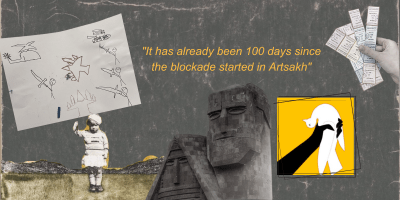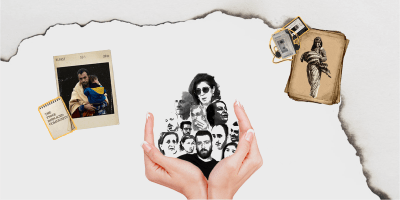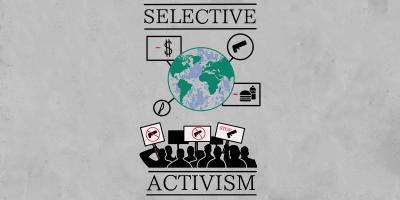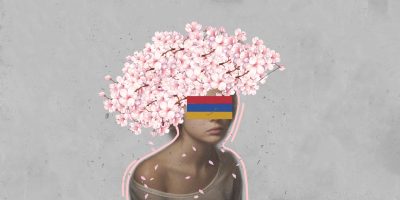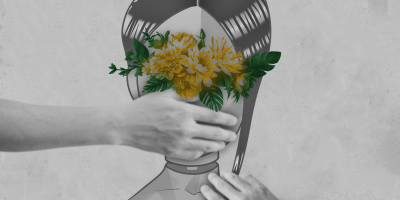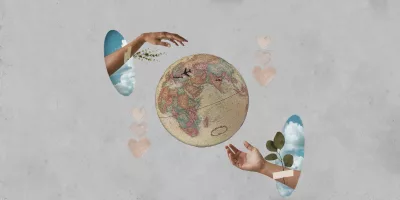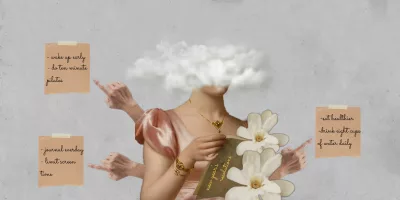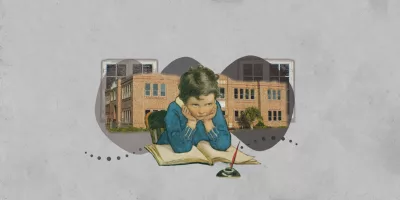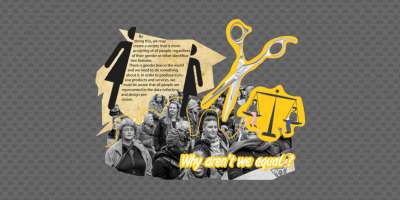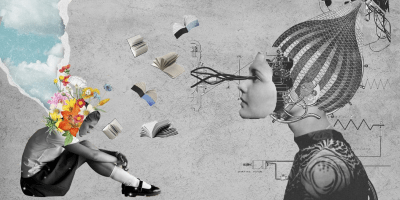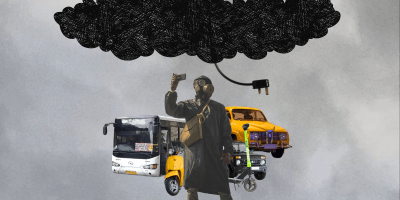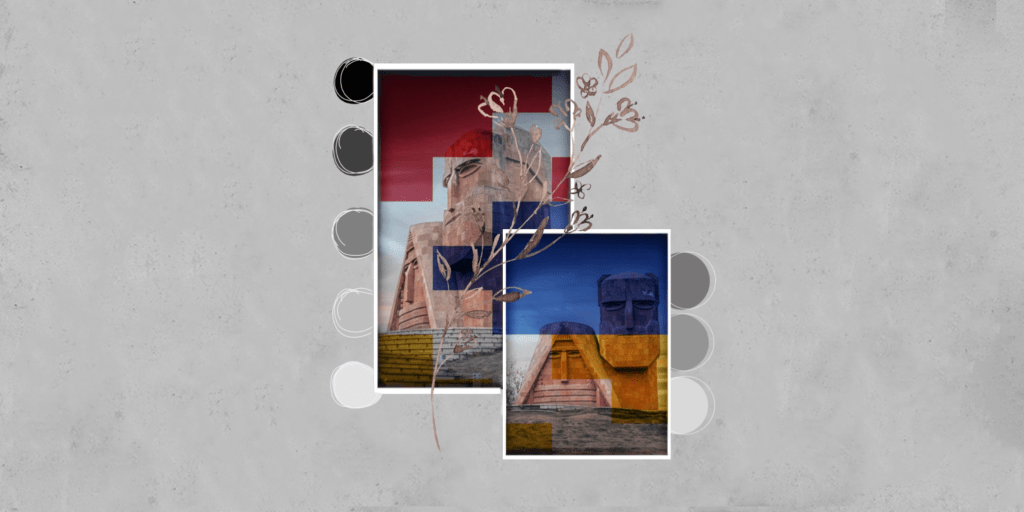
It has been eight months. Since December 2022, Artsakh has been under blockade. Azerbaijan is restricting the flow of movement through the only road connecting Artsakh to the rest of the world, the Lachin corridor, depriving 120,000 people of food, humanitarian aid, medical care, and other essential supplies.
While we started our academic year at AUA, students coming from Artsakh were arrested by Azerbaijani forces. The constant flow of information and news on the humanitarian crisis has left no time to process. We do not realize how lucky we are to be able to attend university without having the fear that we might get abducted on our way there.
The uncertainty of the situation affects not only the Armenians of Artsakh but also Armenians all around the world. However, we, the Armenian youth, can stand together and take action. This can be done through raising awareness on social media by sharing official news and relevant information or tagging international news organizations and public figures under those posts. Another way is by protesting in peaceful demonstrations organized in our communities. AUA students should take these steps to raise their voices and concerns about the humanitarian crisis highlighting its effects.
Iness Arzumanyan, PG junior who came from Artsakh to pursue her studies at AUA, shares the difficulties of having family members and friends under the blockade. “Right now my mother needs to have surgery done in Yerevan and we are waiting in line for the Red Cross to carry patients to Yerevan,” she explains. Along the same lines, many citizens have to bear the consequences of not having immediate medical care and putting their health at risk. This is not only due to the medical shortage but also to the fuel shortage that prevents citizens from moving even within their borders.
With the lack of basic human needs, people want to flee to survive. Gregory Akopyan, PG junior, tells the story of his cousin being one of the lucky ones who was able to leave to study in Yerevan but unfortunately, he cannot return to his homeland. “This is psychological terrorism, to scare people and make them want to leave,” Gregory explains.
The effects of the blockade are extending to many Armenians outside of the borders of Artsakh. Nanor Bchtikian, EC senior, points out the psychological and emotional damage that comes along with the blockade. “While the armed war has ended, the humanitarian crisis and violations must be underlined,” she says, “the constant anxiety of uncertainty, the daily/weekly tragedies regarding human lives, and most importantly, the paranoia of expecting another war at all times.”
This paranoia and uncertainty about the future of Artsakh provokes emotional triggers. Gregory, although not directly affected, expresses: “It makes me angry. Angry at Azerbaijan. Angry at the world that they’re not doing anything. It makes me angry at the Armenian government.”
These emotions make us feel helpless and hopeless. We find ourselves asking what we, the youth, can do. Gregory suggests that the first step is to contact friends or family in Artsakh and be there for them as moral support.
Iness adds, “I think what we can do right now to contribute positively to this situation is to raise awareness in the streets of Yerevan, besides online platforms,” she says. “I think doing so has the potential to influence the population of Armenia, the government of Armenia, and the international community.” She explains that if people took to the streets with protests that reflected a clear message, the people in Artsakh would feel like they were not alone.
Alongside being there for the people of Artsakh and protests, Nanor elaborates “Collaborate with NGOs to voice the issue quicker and aim for a successful result.” This includes participating in campaigns, petitions, and social activism, and engaging in direct conversations with policymakers. Also, it is crucial to stay up-to-date on the latest events and spread awareness.
Many Armenians in the diaspora feel helpless as they are not physically in Armenia or Artsakh because, according to Gregory, “it’s like a part of your body or leg that is dying, and you want to go to the doctor, and you can’t do anything about it.”
We feel the pain, but we try to find solutions to heal it even if we can’t find a doctor. Despite that, Armenians around the world can contribute to youth activism as well. Gregory suggests that “no matter what citizen you are, people need to call their elected representatives and parliamentarians to tell them the story and to take a stand.”
In the face of adversity and uncertainty, the Armenian youth both at home and abroad are determined to stand together, raise their voices, and take meaningful action to address the humanitarian crisis in Artsakh, showing the resilience and strength of a united community.

